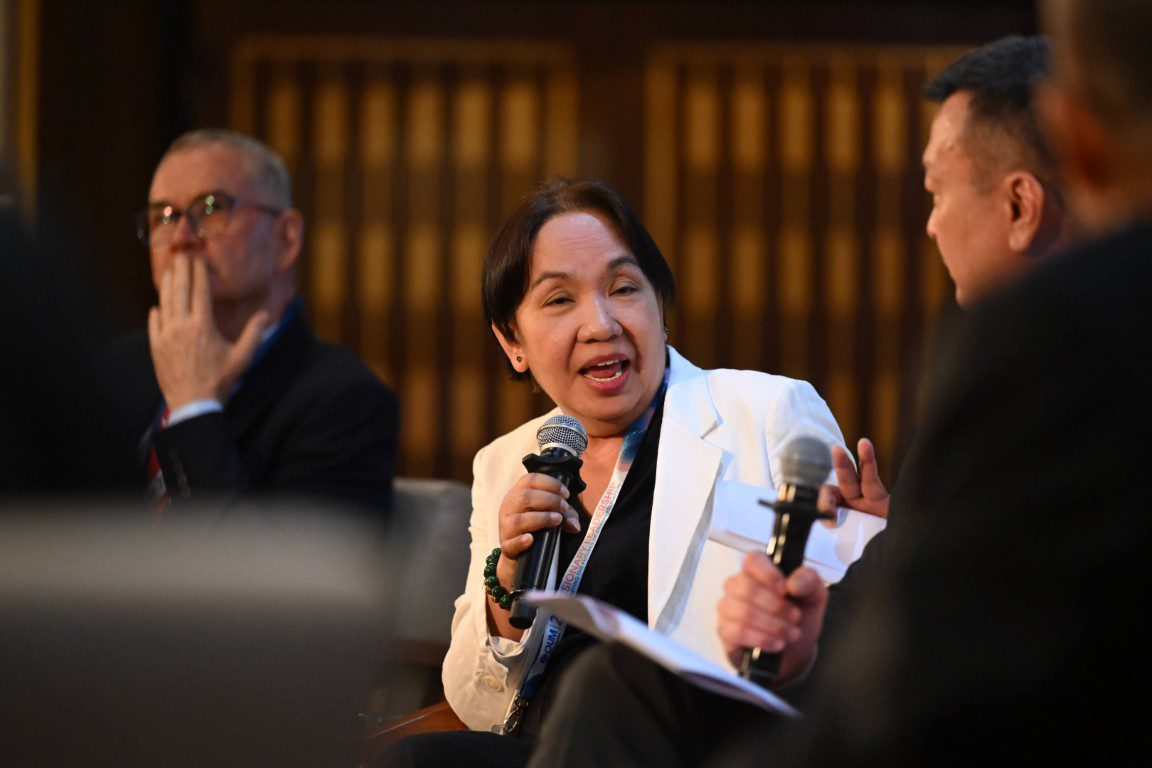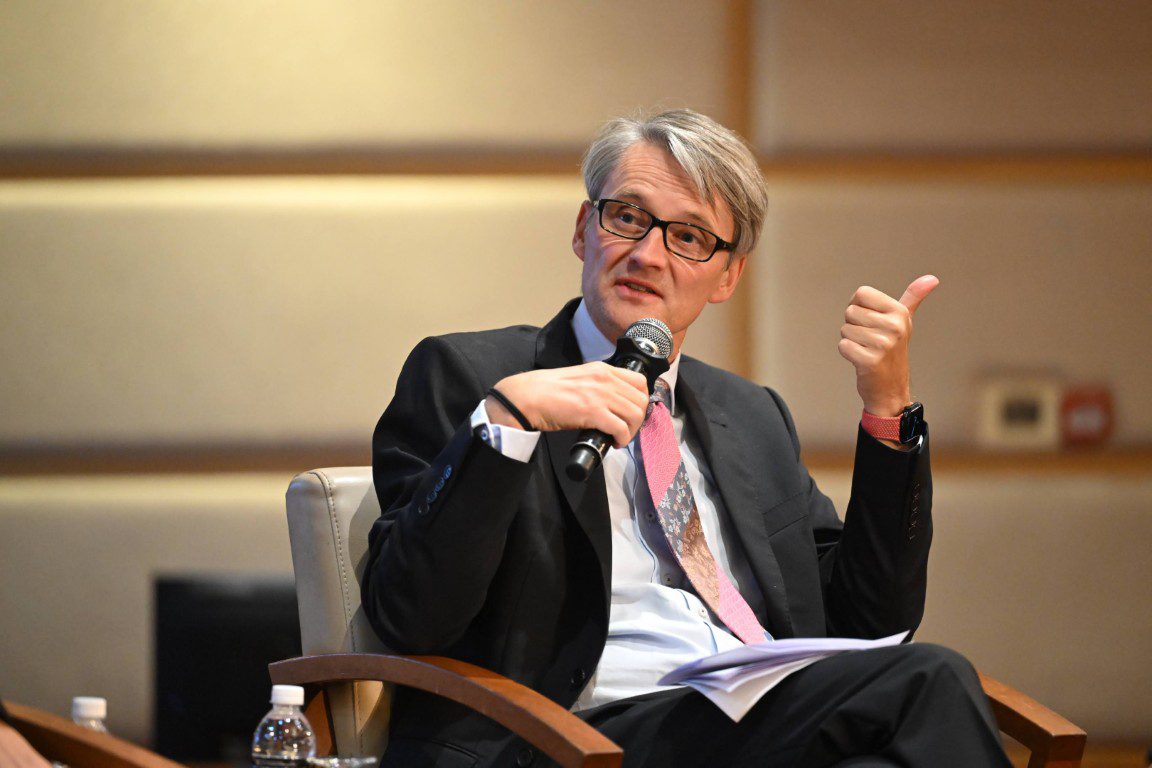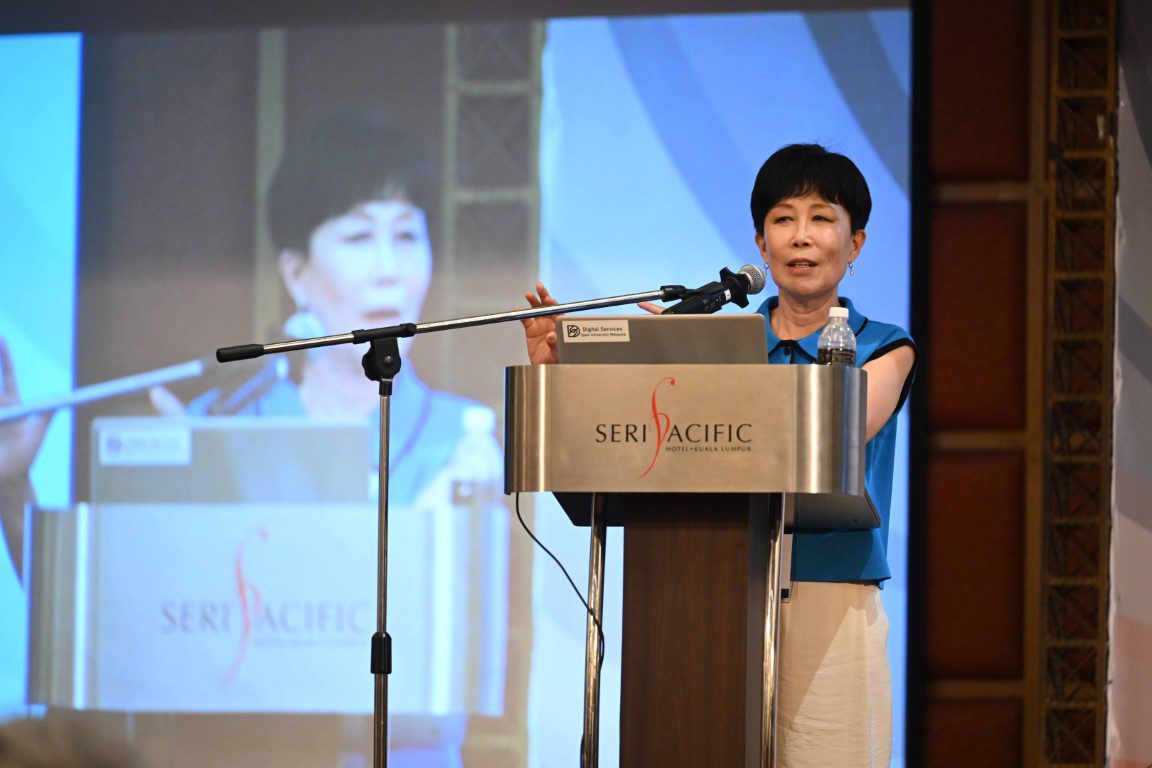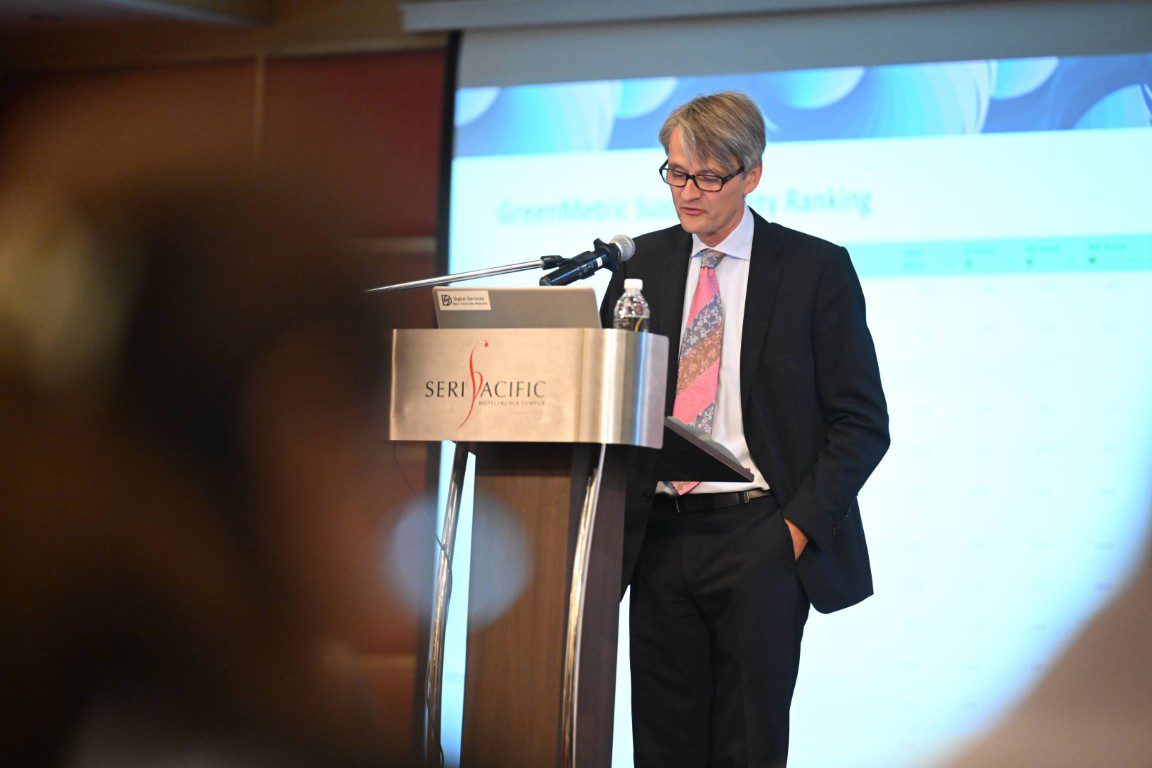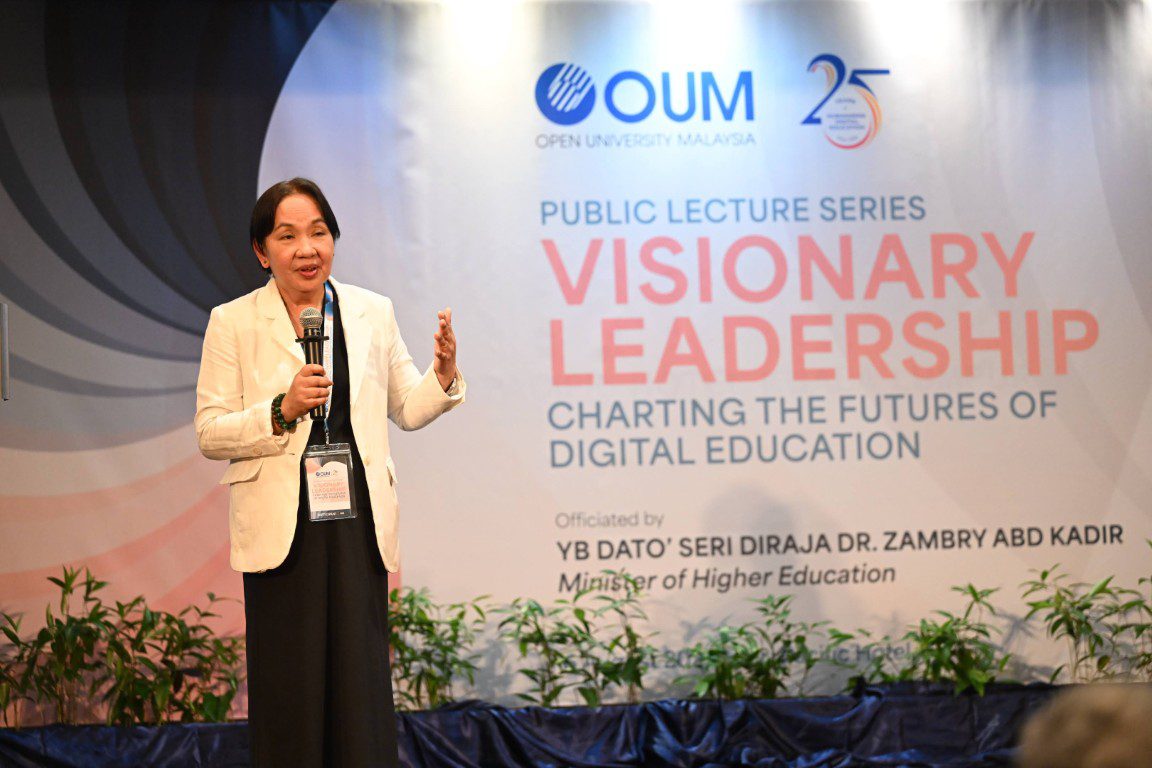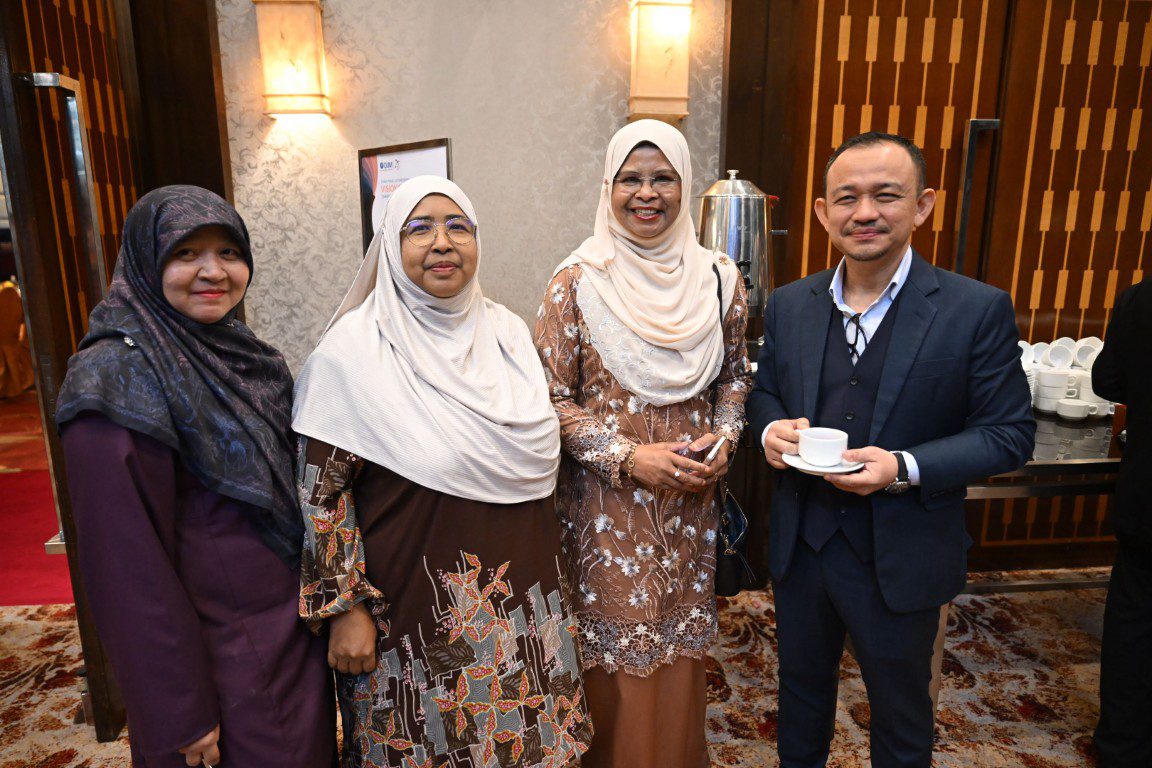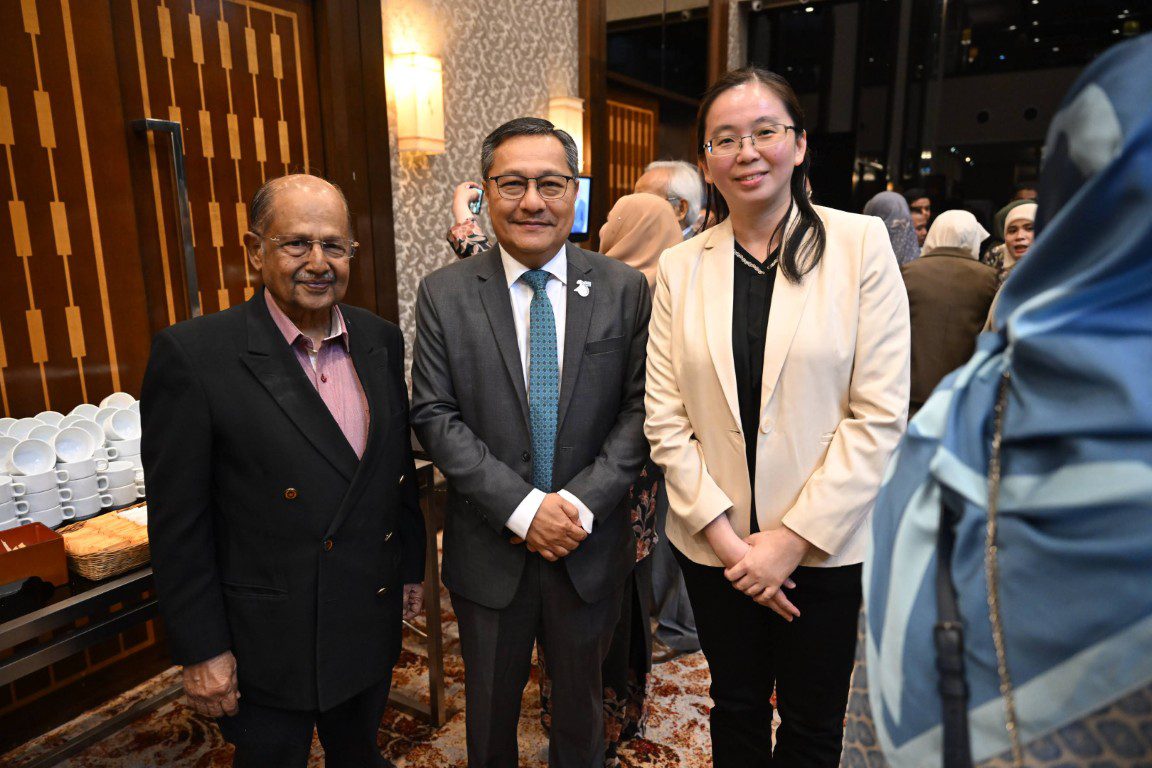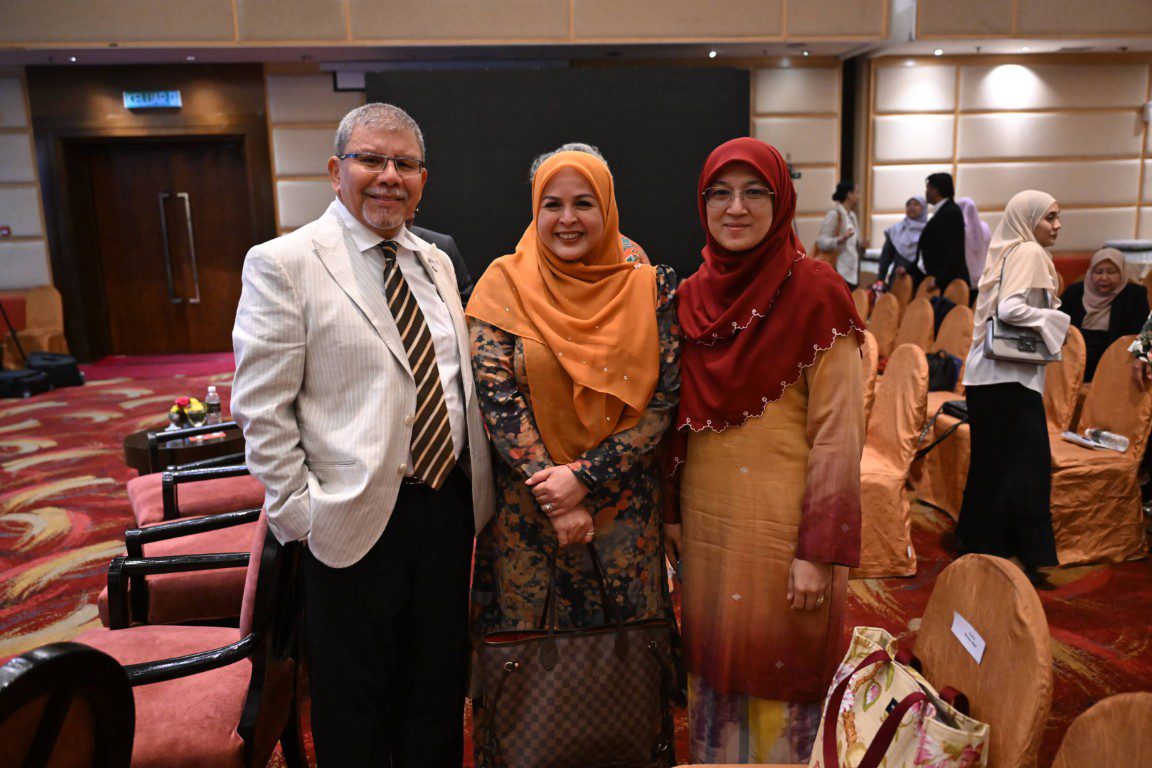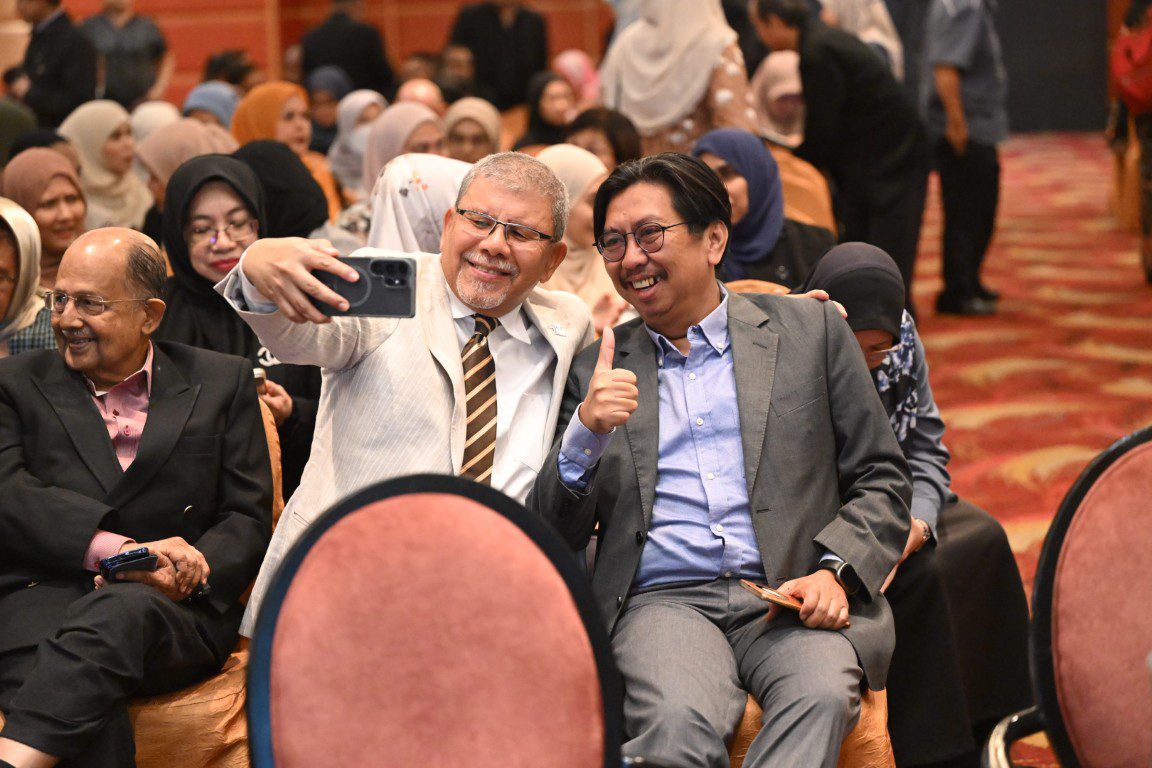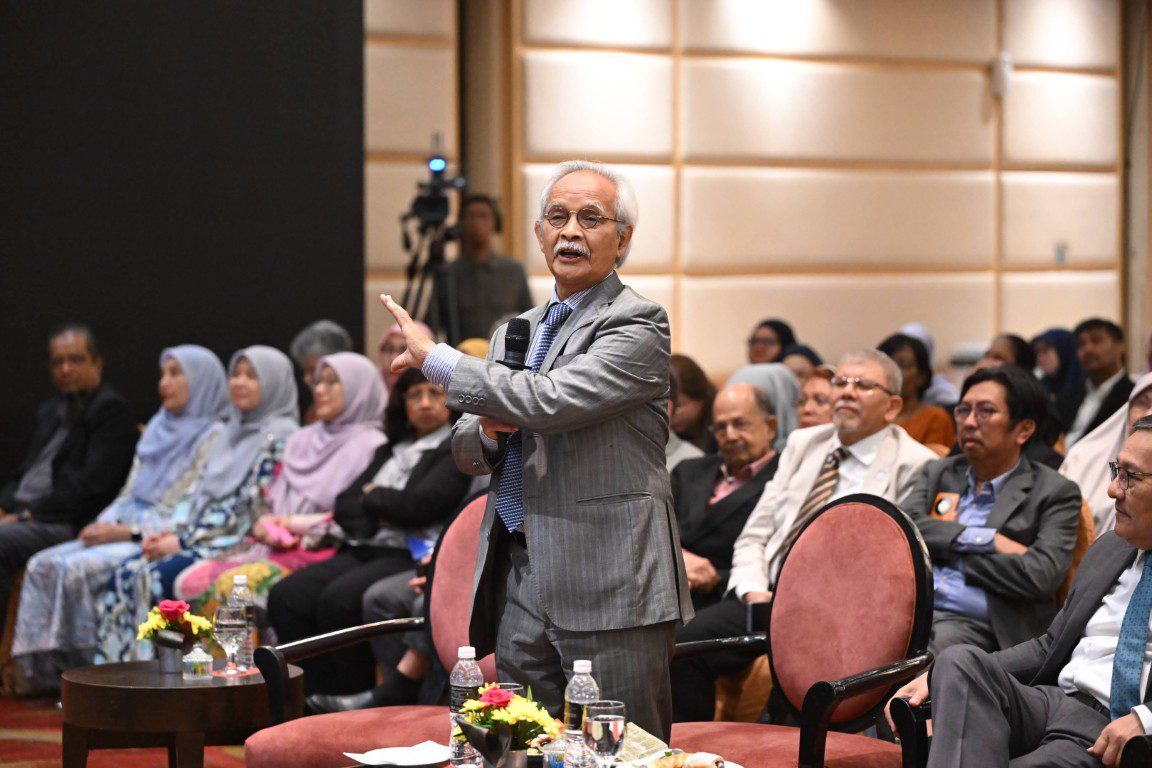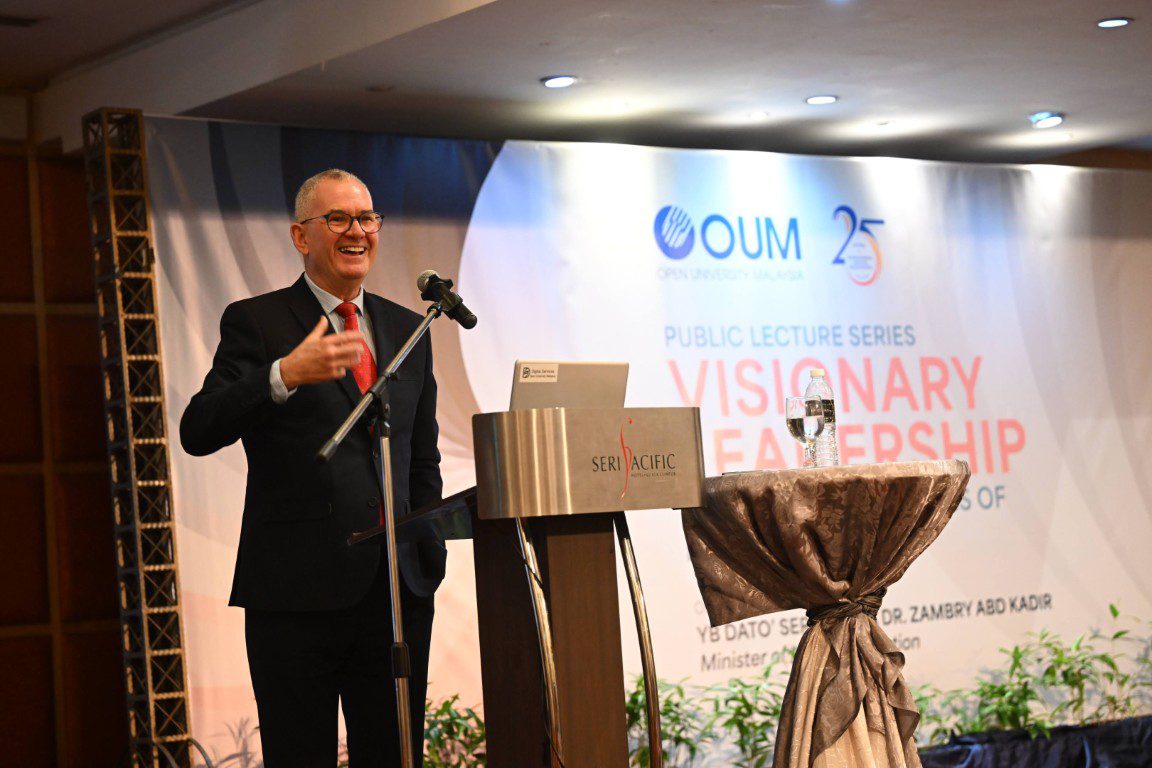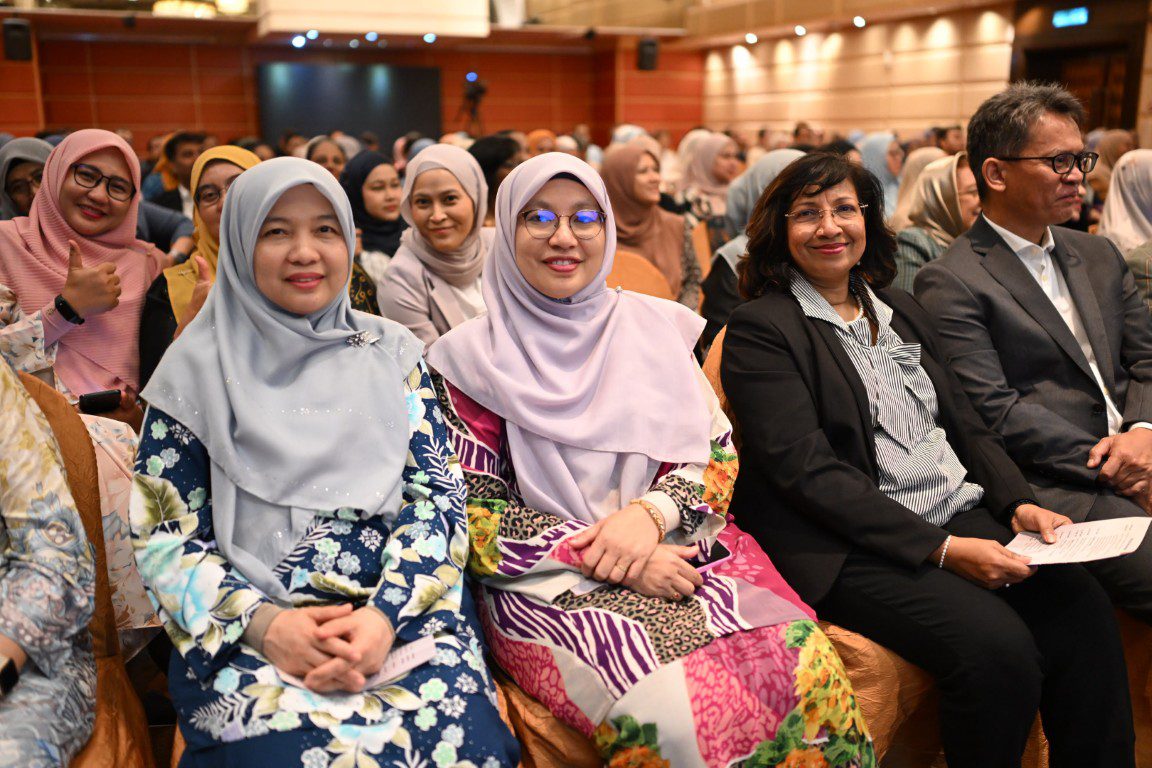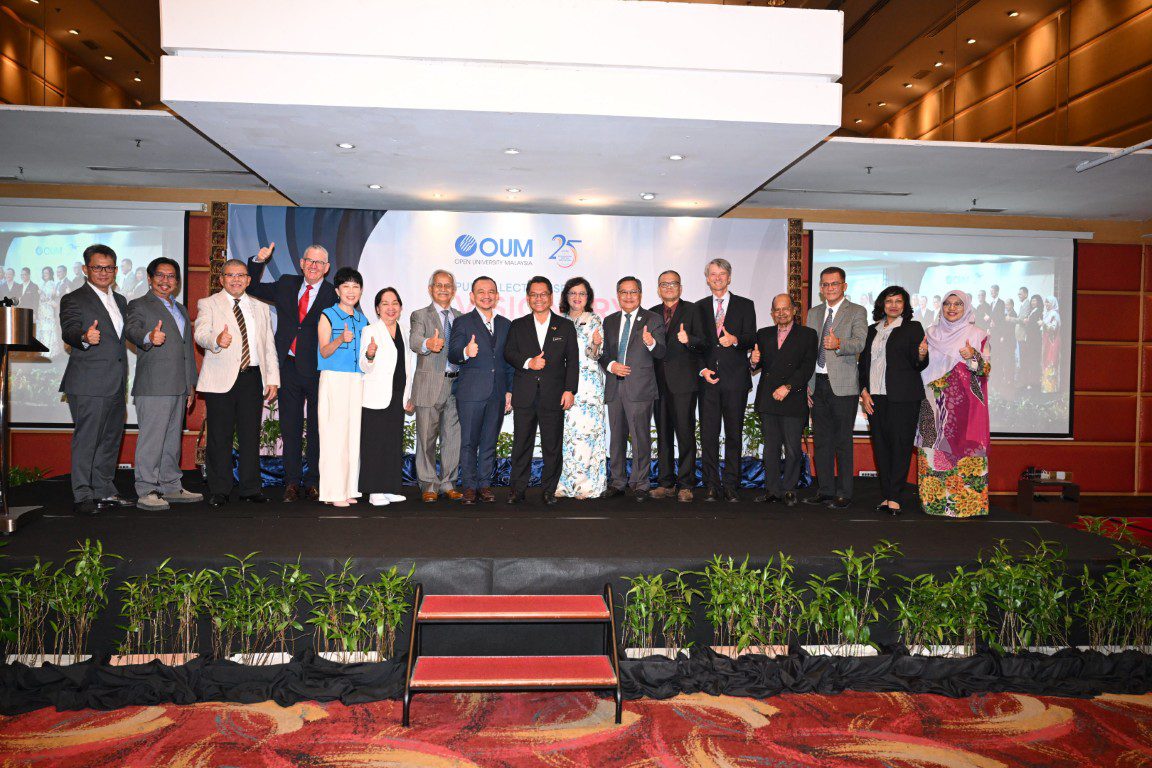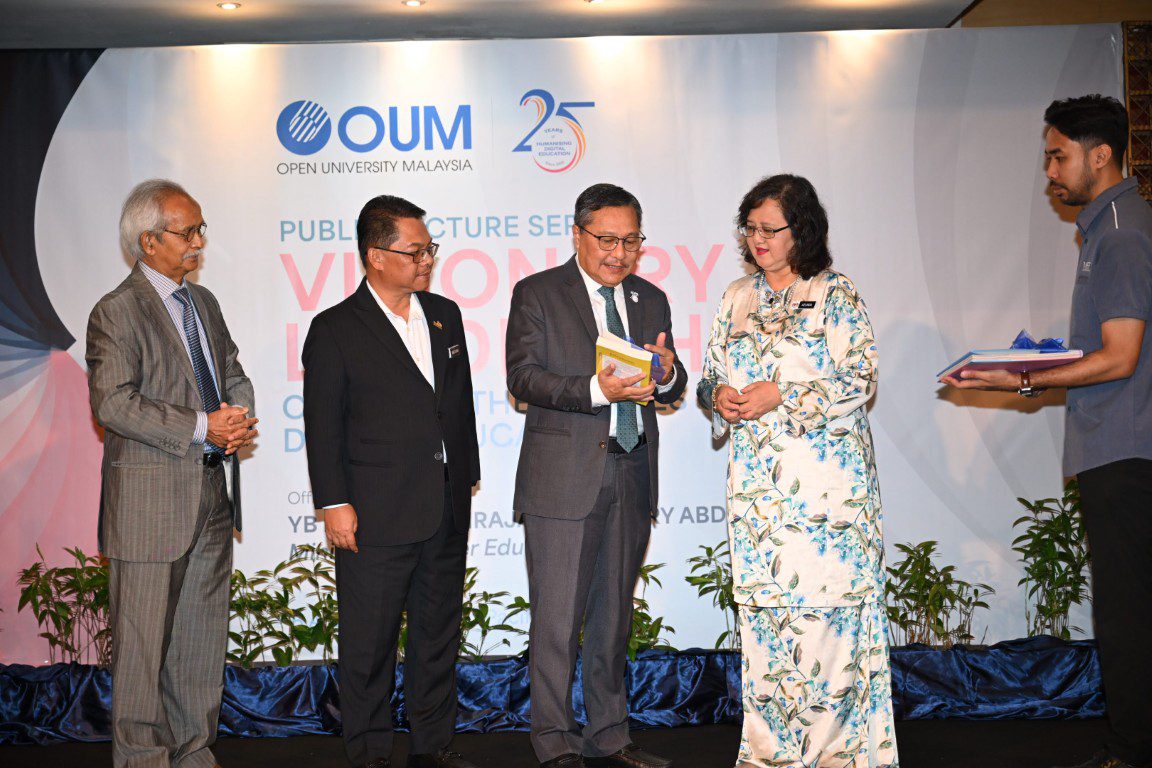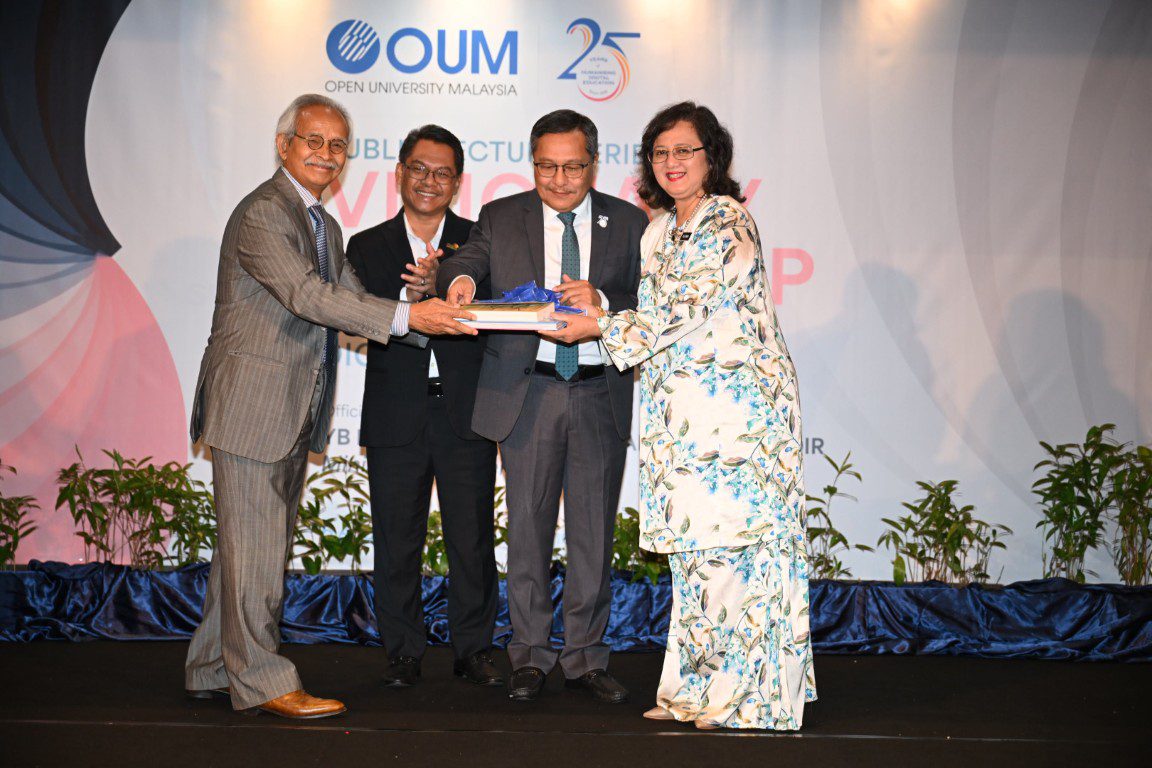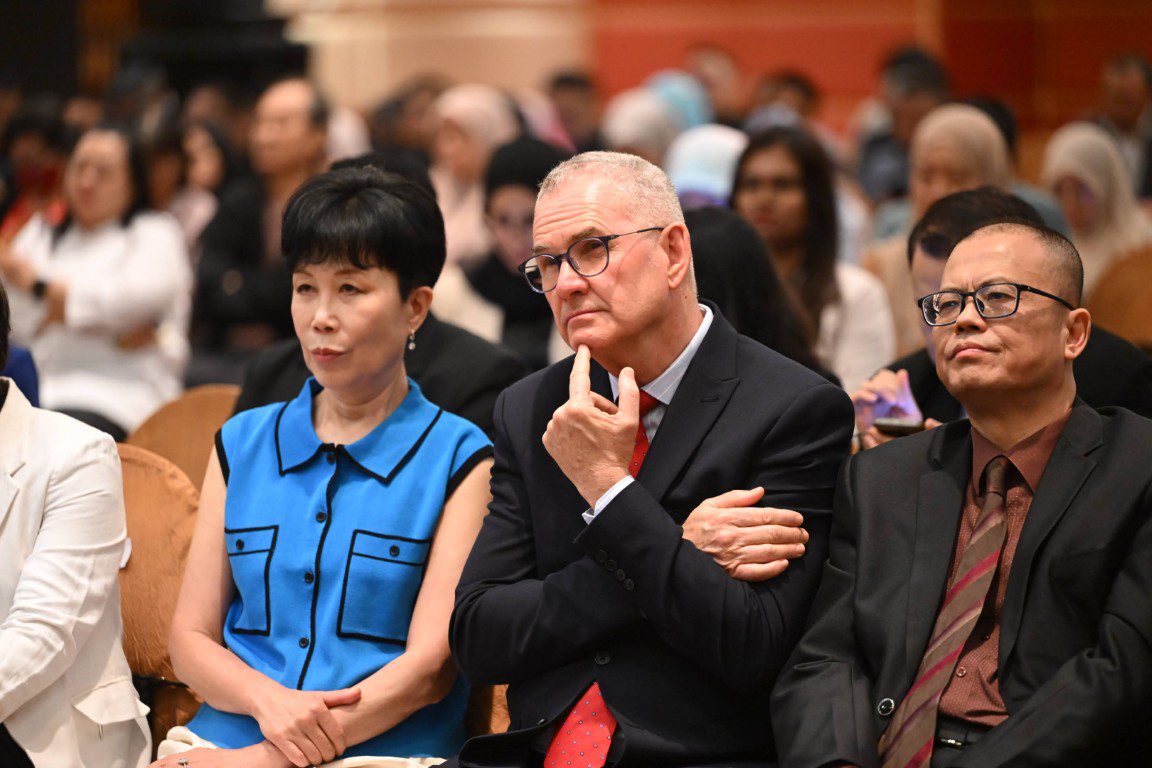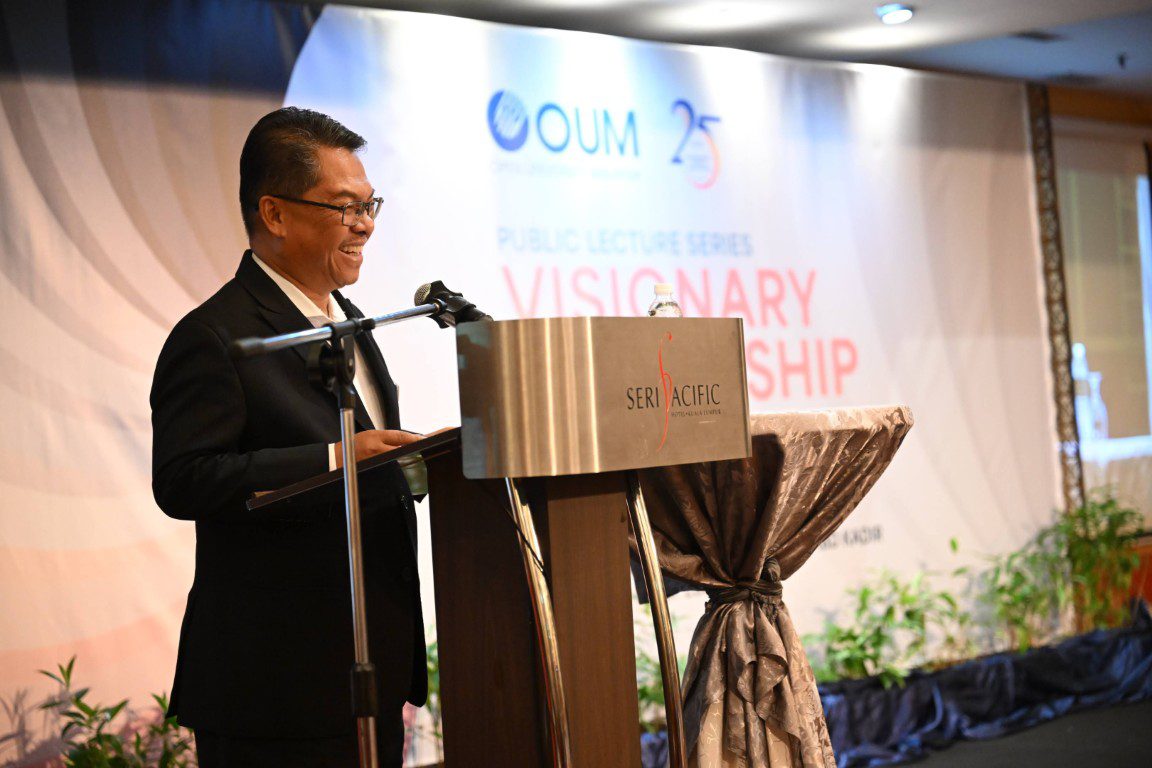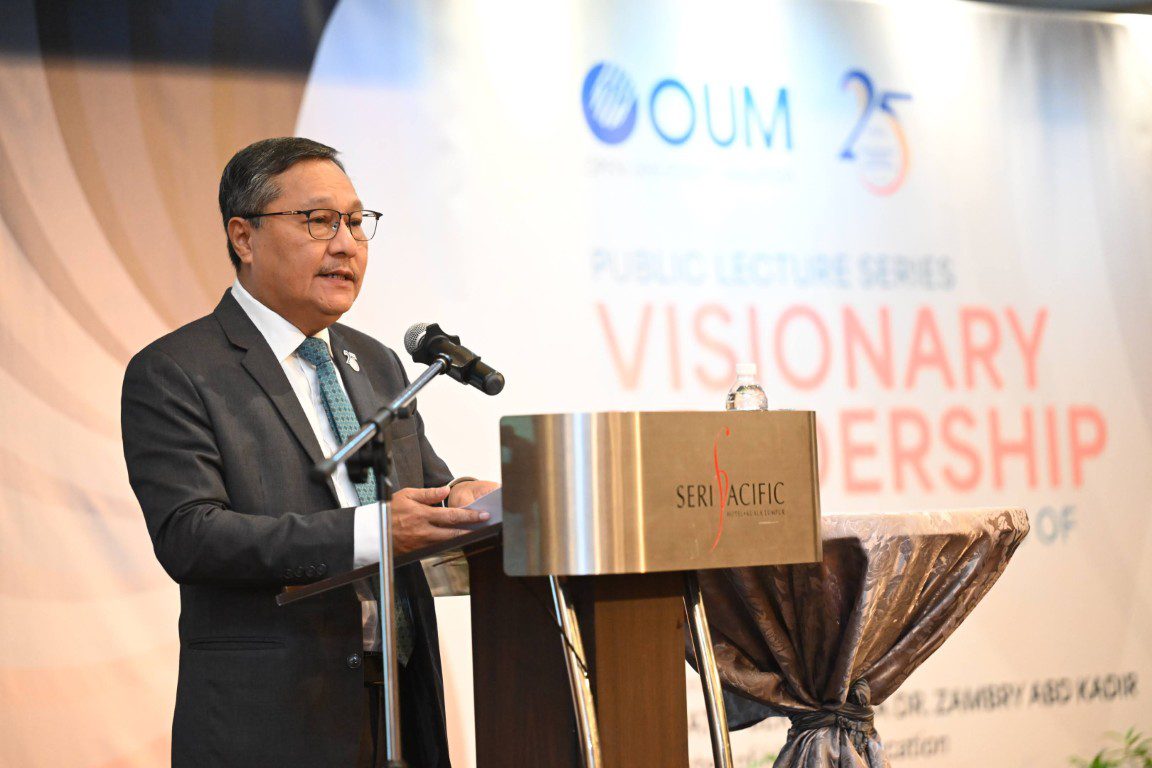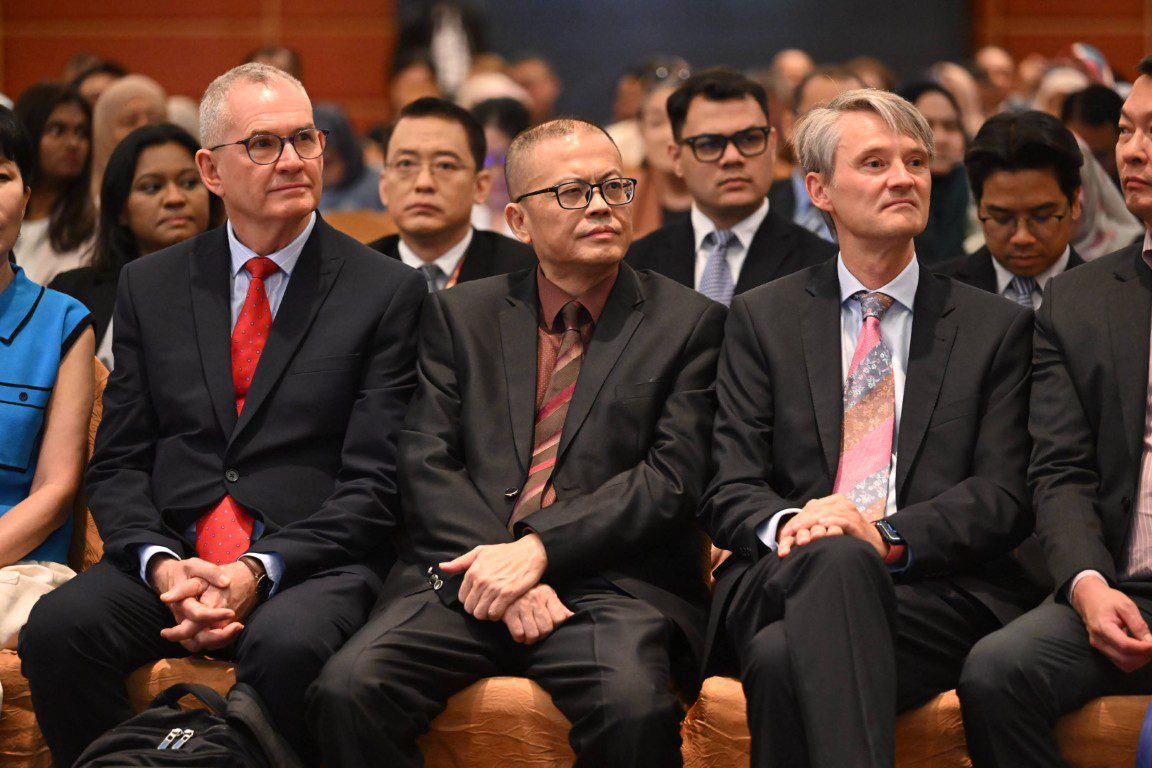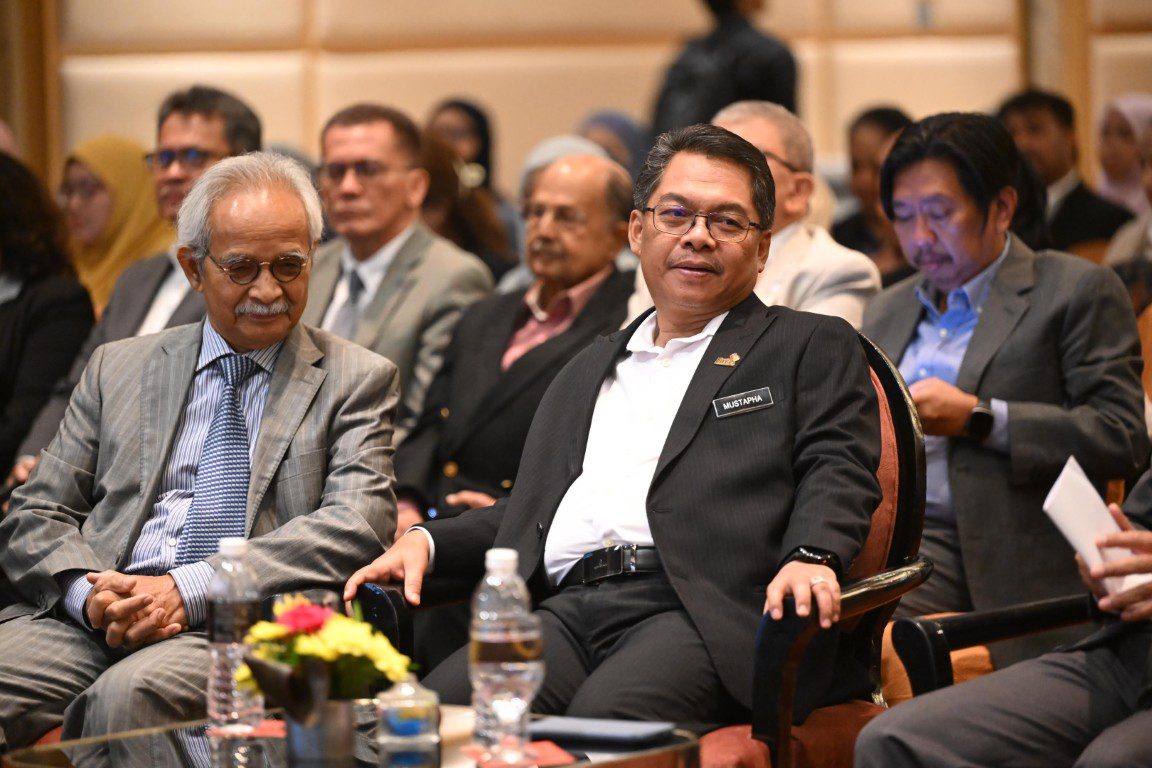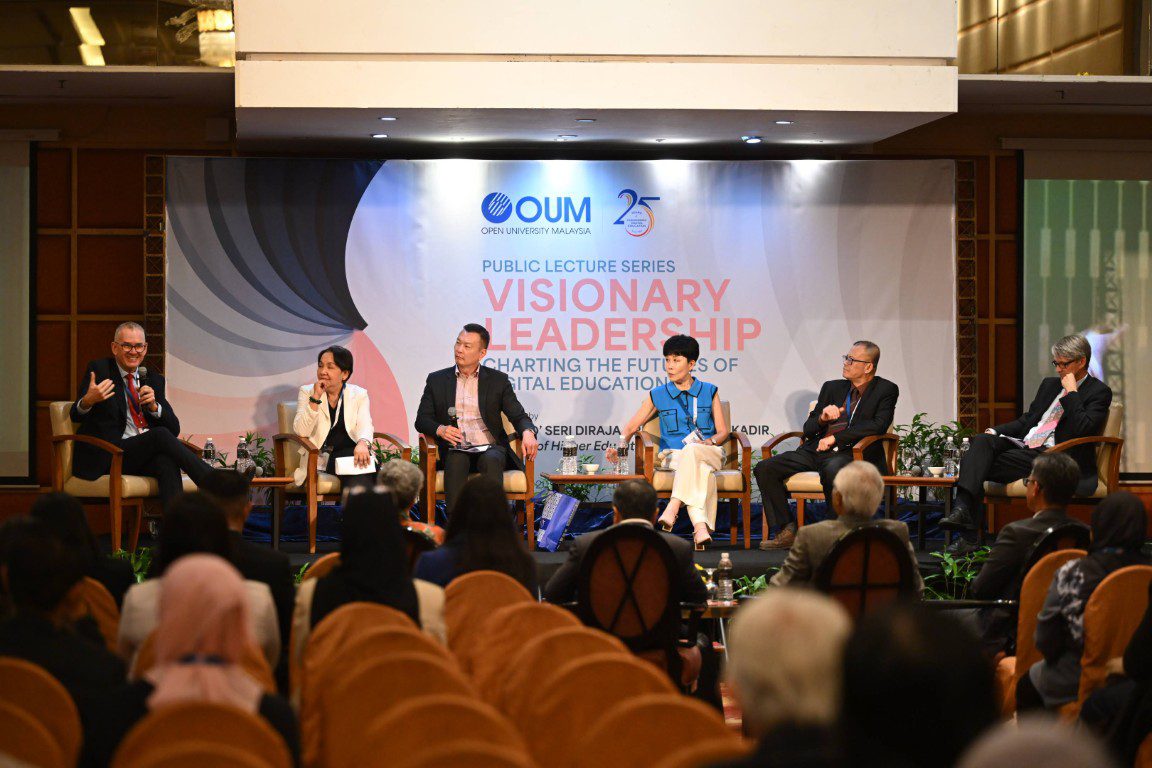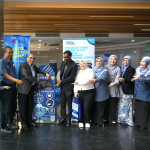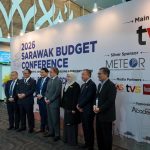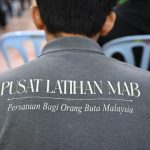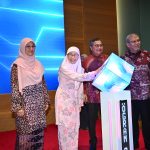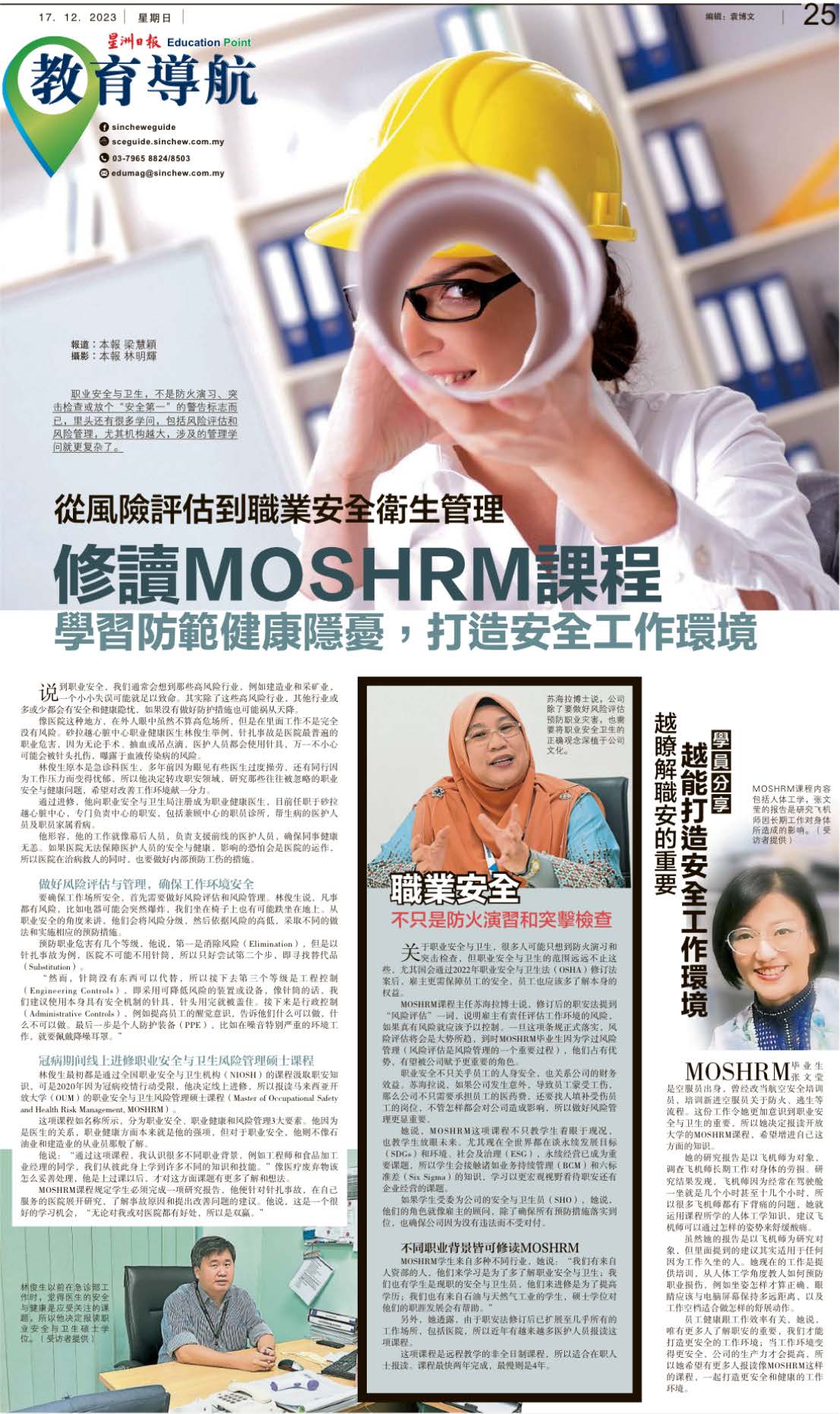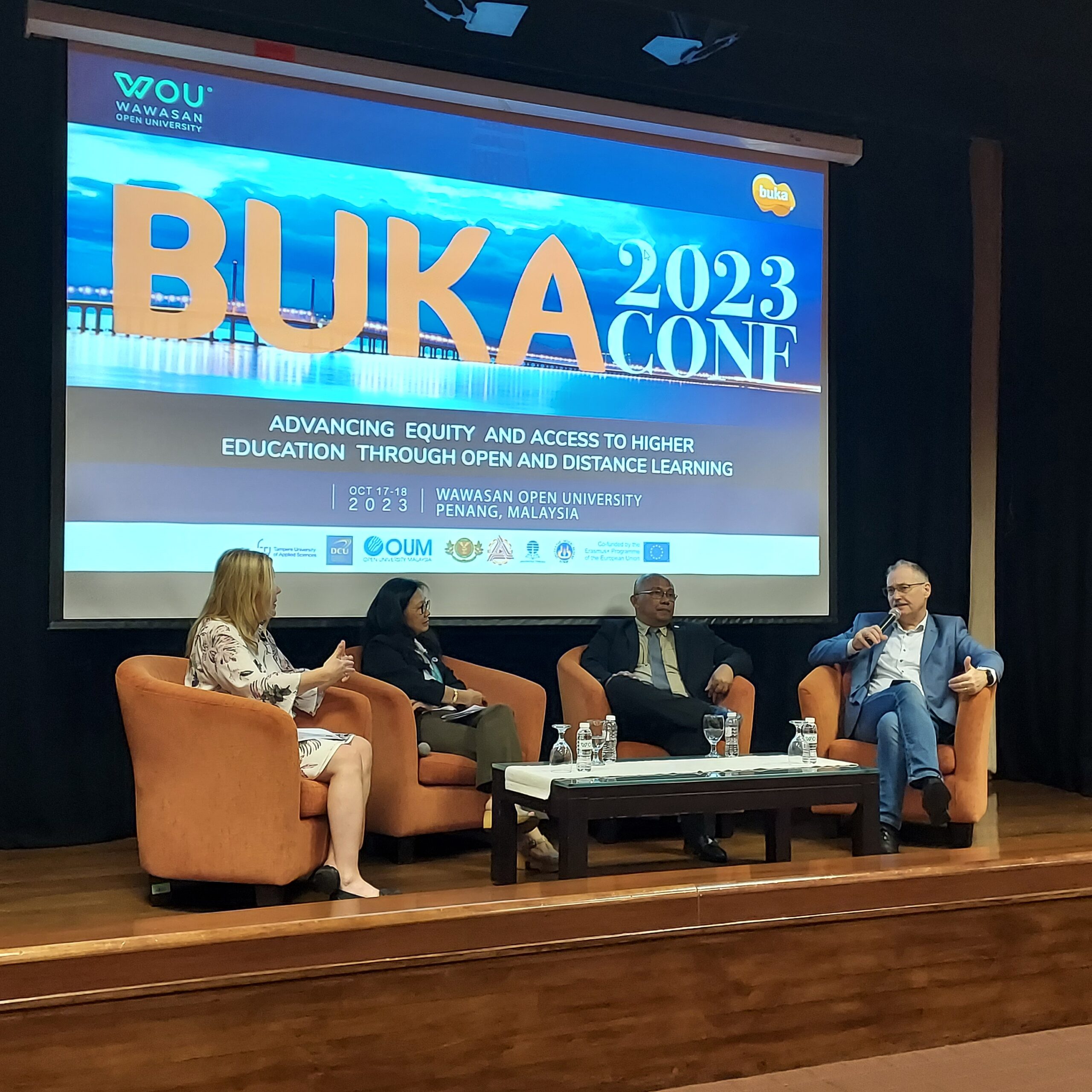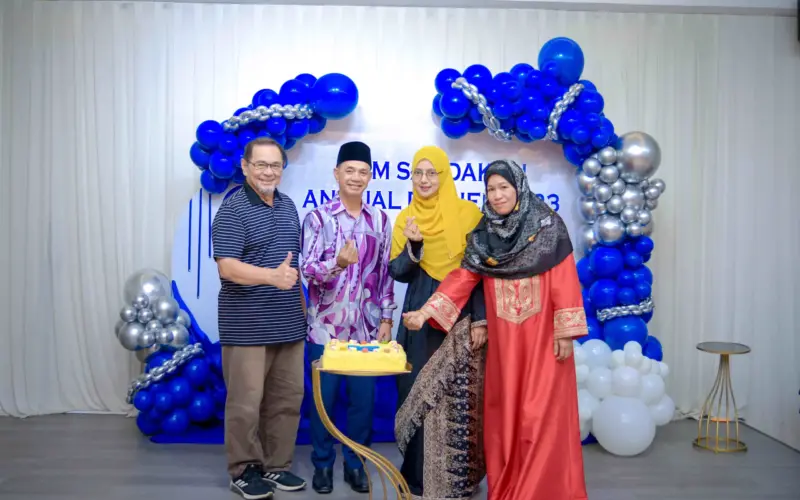KUALA LUMPUR, 6 August 2025 – The future of digital education was placed under a powerful spotlight at the Public Lecture Series: Visionary Leadership – Charting the Futures of Digital Education, organised by the Centre for Digital Education Futures, OUM.
Held at the Seri Pacific Hotel, Kuala Lumpur, the event gathered thought leaders from across the globe – five distinguished OUM Global Fellows – to share their expertise, provoke critical thinking, and inspire fresh perspectives on the rapidly evolving world of open and distance digital education (ODDE).
OUM President/Vice-Chancellor Prof Dr Ahmad Izanee Awang welcomed guests and set the stage for a day of stimulating discussions, each led by one of the Global Fellows:
Gracing the launch was YB Datuk Ts Mustapha Sakmud, Deputy Minister of Higher Education, who officially opened the series. In his speech, he fondly recalled the early days of open and distance learning in Malaysia, once known as Pendidikan Jarak Jauh (PJJ). He joked that it was known as Pensyarah Jarang Jumpa, and noted just how far OUM has progressed in humanising digital education.
Datuk Mustapha was presented with a token of appreciation by YBhg Emeritus Prof Dato’ Dr Muhammad Awang, Chairman of OUM’s Board of Governors. Also present was Datuk Prof Dr Azlinda Azman, Director-General of Higher Education.
Algorithms, AI, and the Human Touch
Emeritus Professor Paul Prinsloo (University of South Africa) opened the series with a cautionary take on the invisible forces shaping our digital experiences. “He who controls the algorithm, controls the future,” he warned, urging educators and learners to remain critical of how artificial intelligence tools, such as ChatGPT, are used. His advice to students: “If you use AI, ask it multiple questions, then summarise the answers in your own words – don’t just copy the first response.”
Technology, Power, and Practicality
Emeritus Professor Junhong Xiao (Open University of Shantou, China) reminded the audience that “Education is a human-to-human enterprise.” He challenged the assumption that digital technologies are neutral, noting that some are deliberately designed to create problems or consolidate control. His recommendations: think independently, question technology before adopting it, be practical in decision-making, and use it wisely to balance quality and cost.
The University of the Future
Professor Melinda dela Peña Bandalaria (University of the Philippines Open University) described the hallmarks of tomorrow’s universities: learning that is accessible anytime, anywhere, on any device; personalised and AI-enabled support; curricula responsive to societal needs; and education designed to be future-proof. “The University of the Future,” she declared, “is a mindset.”
Sustainability and Access
Professor Olaf Zawacki-Richter (University of Oldenburg, Germany) examined the sustainability potential of ODDE, noting its smaller carbon footprint compared to traditional face-to-face education. He applauded OUM’s mission for aligning with Sustainable Development Goal 4, which seeks inclusive and equitable quality education for all. “It is less harmful to run a digital programme than a face-to-face programme!” he quipped.
Inclusion and the Digital Divide
Professor Insung Jung (Research Fellow, Seoul National University) closed the lecture series with a reality check on accessibility. She cautioned against oversimplifying learner needs, pointing out that mobile learning is not always equivalent to computer-based learning, and that many digital tools are designed without inclusion in mind. “Technology isn’t neutral,” she said. “Digital education should be for everyone – not just a few.”
Final Reflections
The event concluded with a roundtable where speakers and participants shared powerful takeaways:
- “Don’t wait for an invitation. Make your voice heard in improving digital education.”
- “Everyone needs to be empowered so that we can become our own hero.”
- “We should use digital education to repair what colonialism broke.”
With its rich mix of global perspectives and bold ideas, the Public Lecture Series reaffirmed OUM’s commitment to making learning fair, flexible, and open to all – and to leading the charge in shaping the future of digital education.
